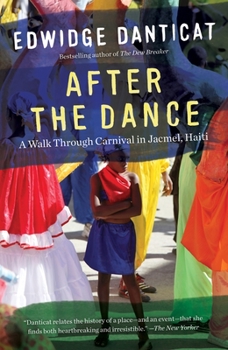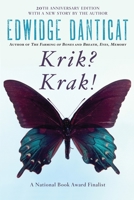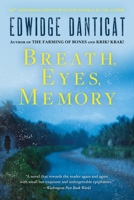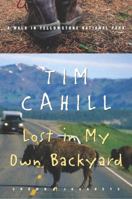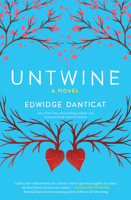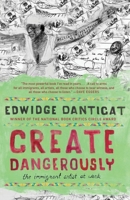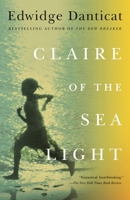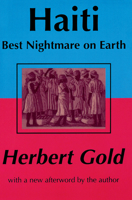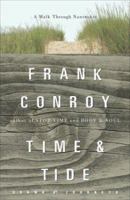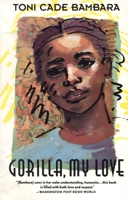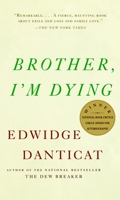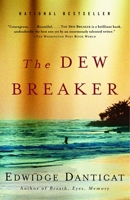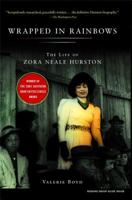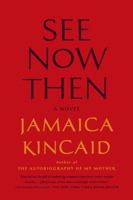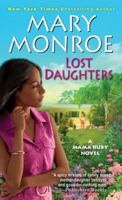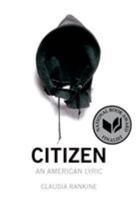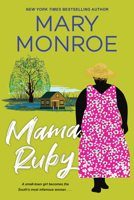After the Dance: A Walk Through Carnival in Jacmel, Haiti (Updated)
(Part of the Crown Journeys Series Series)
Select Format
Select Condition 
You Might Also Enjoy
Book Overview
Customer Reviews
Rated 4 starsA Sensory Experience
Carnival is one of the defining events of the Haitian year, and nowhere is it celebrated with more verve than in the seaside town of Jacmel. The Haitian-American novelist Edwidge Danticat never had the opportunity to attend carnival. Thus, as an adult, she returns to Haiti, to Jacmel, to experience what she missed in childhoood. This book is an account of Danticat's trip back. This is a travel essay, but at the same time,...
0Report
Rated 5 starsThis poignant narrative will mesmerize readers
You are given a challenge that harkens back to your childhood ---return to carnival and write about it. You think about the consequences, and perhaps second guess yourself for allowing someone to even suggest going back to deal with the demons that sent you packing in the first place. Such is the case that the author contemplates in this installment of The Crown Journeys, a new series that has authors writing about different...
0Report
Rated 4 starsA good read.
It's always refreshing to read about the Caribbean, especially when it involves carnival and when the recount is being done by such a great writer. I must say that at times I felt like screaming that this woman really does not know how to let loose and really enjoy carnival. Just imagine if she were in Trinidad instead playing j'ouvert, and doing carnival for 2 days straight!! Nevertheless, I liked the fact that she paid careful...
0Report
Rated 5 starsThings are better now in Haiti.
Until this short, entertaining book, part memoir and part travelogue, I'd never read much of anything positive about Haiti. Years of political strife and the Duvalier dictatorships have certainly taken its toll on this densely populated third of Hispaniola (the rest is the Dominican Republic), but apparently Haiti is ready for tourists again and there's much to attact us there. Carnival, those jubilant and reckless days...
0Report
Rated 5 starsEdwidge Danticat-speaks truth to power!!!
"After the Dance" by Edwidge Danticat, is a celebration of the beauty, history and power of African culture in the diaspora of Haiti. Edwidge Danticat's writings stand on the shoulders of great writers such as Zora Neal Hurston, Langston Hughes and Walter Mosley. "After the Dance" champions the day to day experiences, joys, and challenges of people of African ancestry as they celebrate Carnival in Haiti. By accurately telling...
0Report











